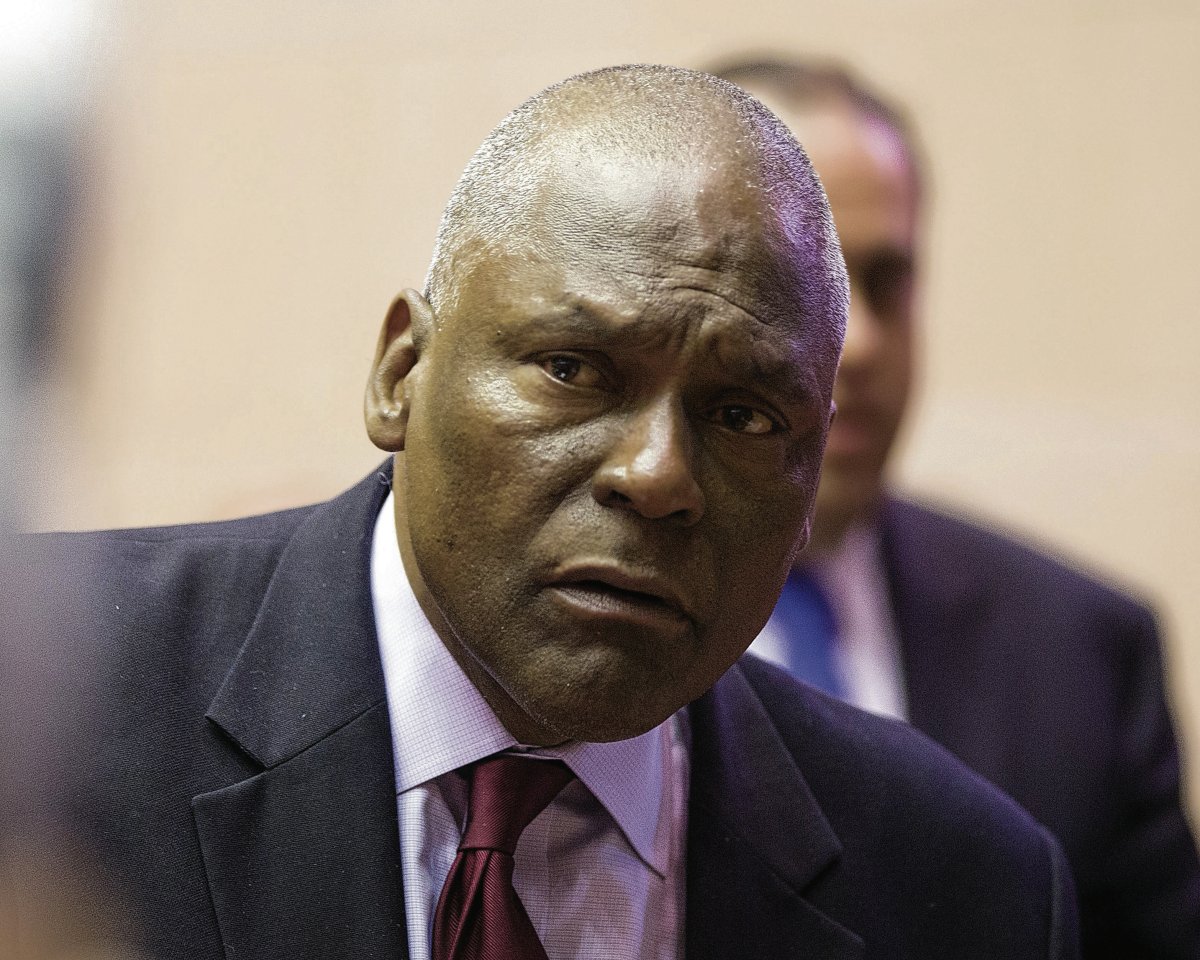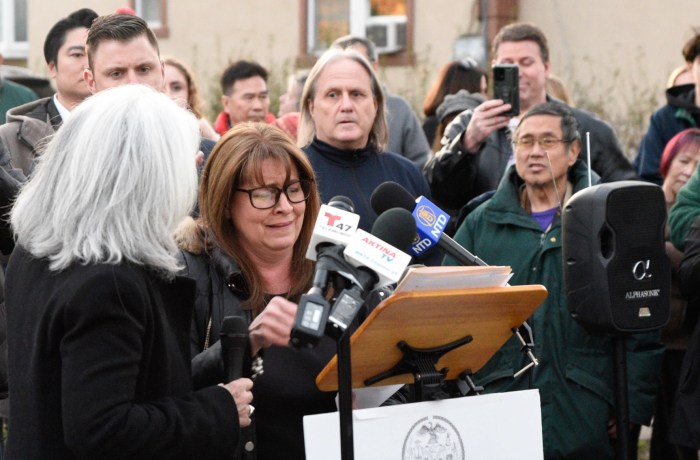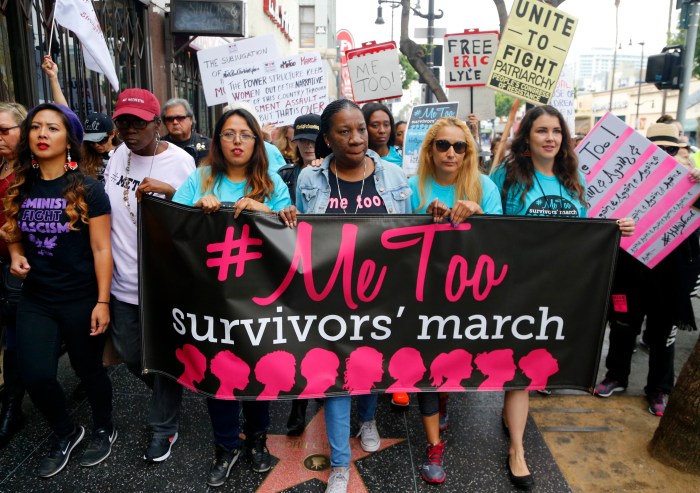
COLIN MIXSON | A spurned state Senate candidate is attacking Manhattan’s Democratic Party boss where it hurts — his wallet.
Downtown district leader and erstwhile state Senate hopeful Paul Newell pushed reforms at a Manhattan Democratic County Committee meeting on Sept. 26 that would force former Assemblymember Keith Wright to make a choice between losing his job as a lobbyist, or his post as Manhattan’s Democratic Party county leader.
Newell introduced the resolution banning lobbyists from serving as high-ranking party officials just days after accusing Wright of conspiring with Brooklyn party boss Frank Seddio to overrule rank-and-file committee members — who voted overwhelmingly for Newell. Instead, he said, Wright and Seddio, in a backroom deal, had the “fix in” to select Assemblymember Brian Kavanagh as the Democratic nominee for the vacate state Senate seat, which includes Lower Manhattan and parts of Brooklyn.
“His overruling of the County Committee in the Senate race galvanized a lot of people,” Newell said.
In addition to serving as the Manhattan Democratic leader, Wright was listed as a part of a “seasoned team of lobbyists” for the firm Davidoff, Hutcher and Citron, a day job Newell claims poses a profound conflict of interest. The firm recently changed the wording on its Web site to “a seasoned team of government relations professionals.”
“It is an inherent conflict of interest to be a lobbyist and the leader of a political party,” Newell said.
Wright, in an interview, refused to go into detail about his work for DHC, but was adamant that it did not include lobbying in any form. Yet, the firm’s announcement of Wright’s hiring in January stated that he “will immediately take on a leadership role in the firm’s State and City lobbying efforts.”
However, Wright also defended allowing lobbyists to serve in the party leadership.
“What do you do for district leaders that work for labor unions?” he asked. “What do you do for people who work for Planned Parenthood? There are affiliations with everyone and everybody.”
Wright charged that Newell’s resolution was purely motivated by sour grapes over failing to win the Democratic nomination. Despite Newell getting 72 percent of the vote from Manhattan committee members, Kavanagh ultimately was selected due to Wright’s decision to split Manhattan’s vote — with 28 percent going to Kavanagh — while Seddio wielded Brooklyn’s vote as a single bloc for Kavanagh. Had Wright opted to similarly consolidate the Manhattan committee’s votes as a (significantly larger) bloc, Newell would have won.
“Listen, we know what this is all about,” Wright said. “Paul’s not a bad guy, he’s upset.”
The Manhattan leader denied any wrongdoing on his part in the process, saying he was forced into that position “as a matter of state law,” while also saying he believed Kavanagh was the best-qualified.
“What really went into my decision making was that I had served with Mr. Kavanagh for 11 years,” said the former 12-term assemblymember. “Mr. Kavanagh has proven himself a great reformer in many ways.”
The prospect of axing Wright as Manhattan’s Democratic boss sparked a nearly hour-long debate at the Sept. 26 meeting. Opposition from the party leader’s supporters was enough to sway members to table a vote on the measure and send it to the county’s Rules Committee, which is expected to submit a report on Newell’s resolution sometime in the next three months.
Wright is expected to try to use his influence on Manhattan’s district leaders, who will be tasked with forming a new Rules Committee and determining the fate of Newell’s resolution.
“If anybody’s stacking it, it would be the county leader,” said Newell. “Hopefully, we can find compromise and form a committee that’s not stacked.”

















